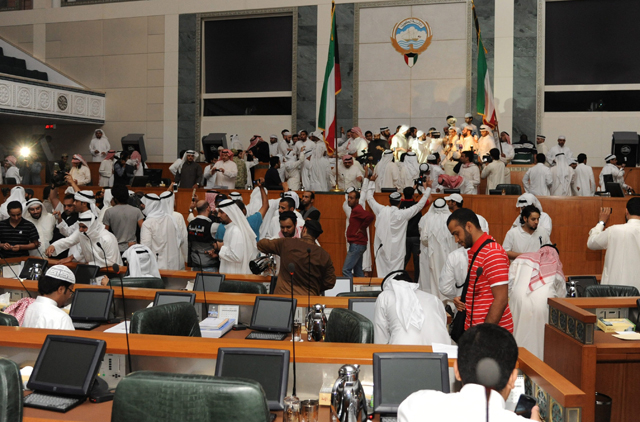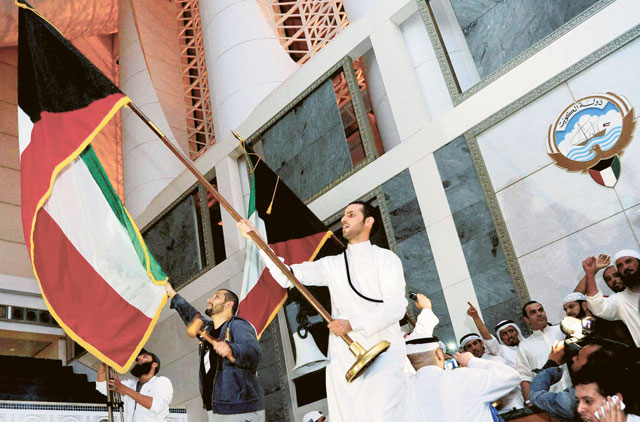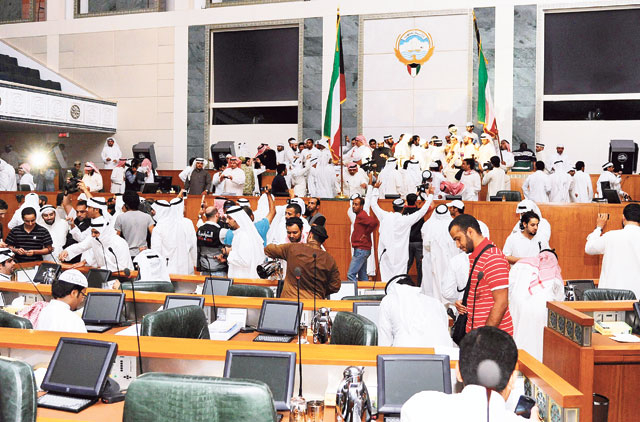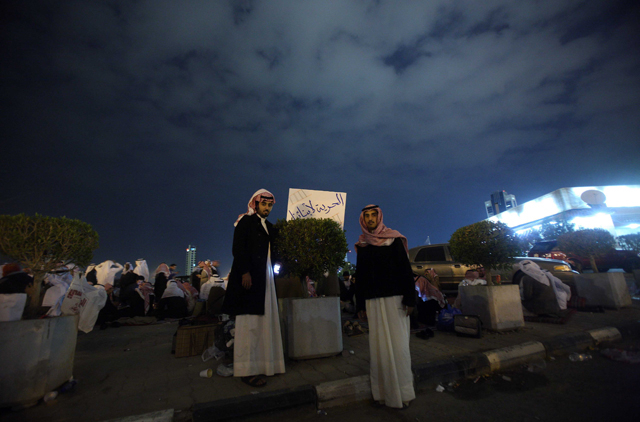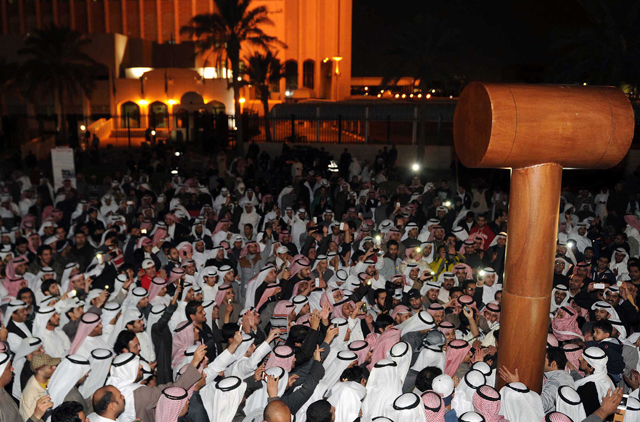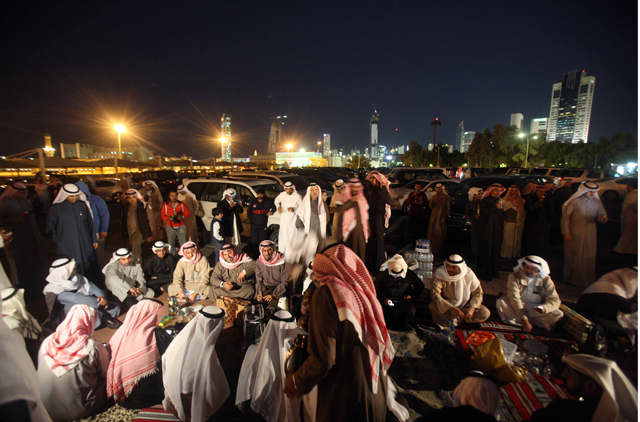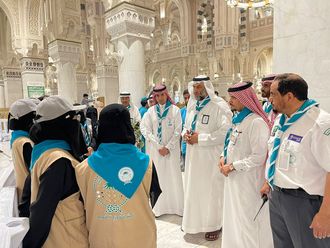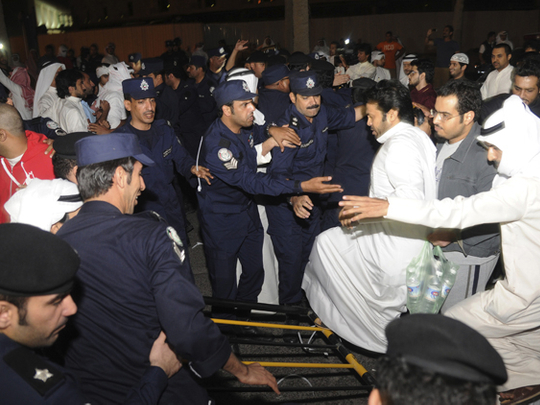
Manama: The 24 Kuwaitis detained for their alleged role in the storming of the parliament last month were released on bail on Thursday, a lawmaker has said.
According to MP Waleed Al Tabtabai, who was among the leaders of the rally that muscled its way into the parliament’s main hall on November 16, said that the detainees were allowed to go home on bail of 1,000 Dinars each.
An open air celebration is expected on Thursday evening at the Justice Palace Square in Kuwait City to mark the occasion.
MP Shuaib Al Muwaizri hailed the decision to free the detainees, but called for closing the case.
Call for case closure
“We congratulate the young people and their relatives on their release,” he said.
“However, we are waiting for another decision that will warm our hearts and that is closing the case. They just wanted to convey the message that they would not like to see the parliament continue its sessions while some of its members are implicated in the bank deposits scandal,” he said.
Kuwait’s public prosecution is looking into cases reported by three banks after they discovered that their bank accounts had been grossly inflated following the deposit if huge amounts of money.
No MPs named
Although none of the MPs has been named, opposition lawmakers have been pushing for the publication of all the facts related to the case.
Three MPs filed to grill Shaikh Nasser Al Mohammad,the outgoing prime minister, on the issue, but the move was foiled after the head of the government resigned.
The release of the detainees was one of three key demands made by the opposition to put an end to its pressure that include an unprecedented use of the street that culminated in storming the parliament.
The other two were the resignation of the government and the dissolution of the parliament. The cabinet stepped down earlier this week and Kuwait-based reports said that a caretaker government will run the affairs of the country until the parliament is dissolved and fresh elections are held.
Money laundering schemes
In a statement on Thursday, the Central Bank of Kuwait denied media reports that it had confirmed that 15 MPs were implicated in money-laundering schemes.
A special unit has set up by the finance minister to look into money laundering cases upon instructions from the public prosecution, the central bank said.
Results of the analyses and investigations and a technical conclusion are given back to the public prosecution that will decide whether a crime has been committed.
The central bank does not make such decisions, it said.


